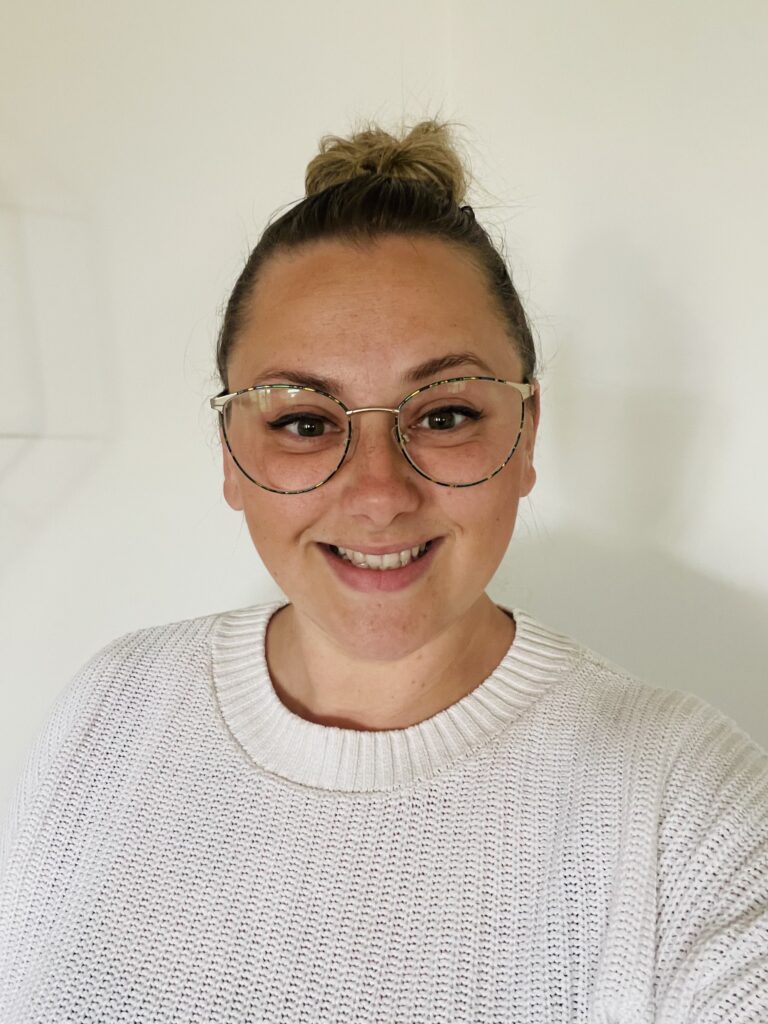We have all heard the term ‘young carer’ before, but what does that mean?
“You're a young carer if you're under 18 and help to look after a relative with a disability, illness, mental health condition, or drug or alcohol problem.” NHS, 2024
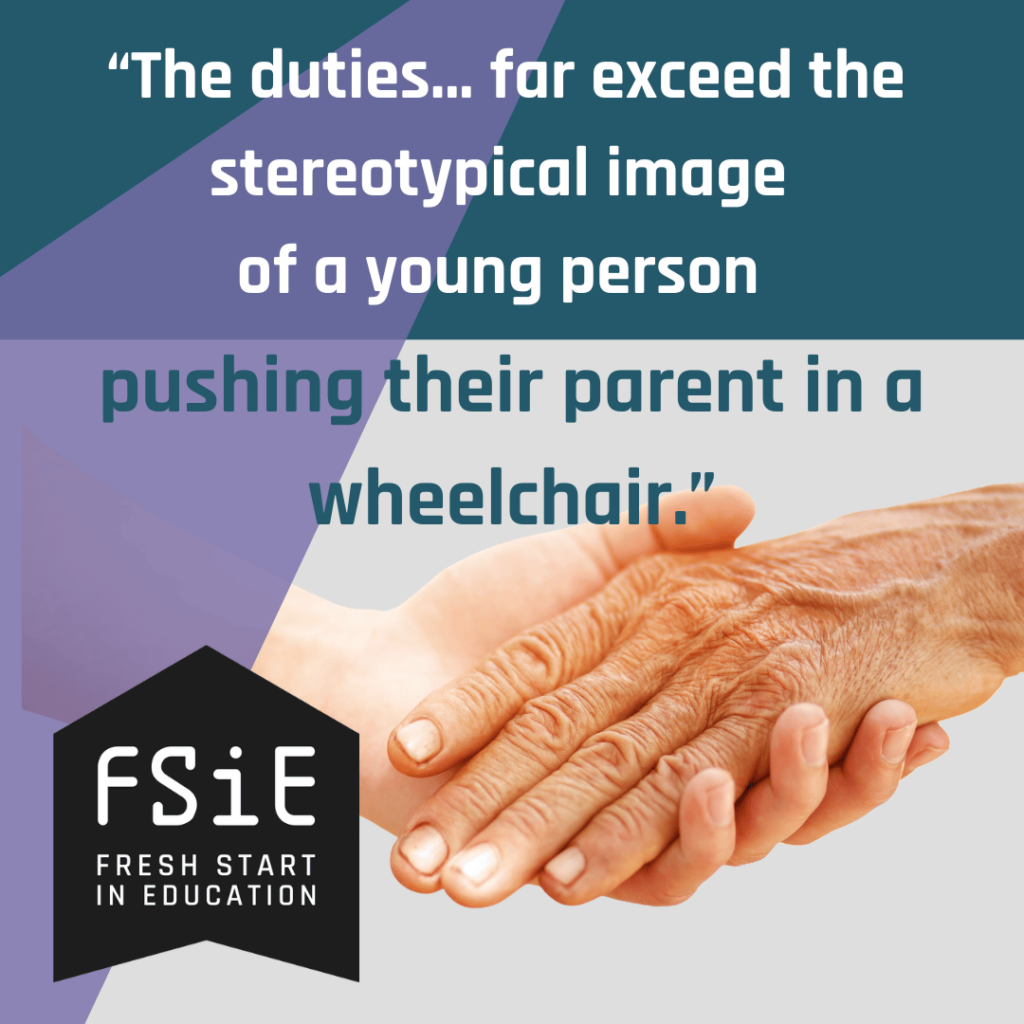
Note here, the use of the term ‘relative’ and not just ‘parent.’ The duties of being a young carer far exceed the stereotypical image of a young person pushing their parent in a wheelchair. Young carers who care for grandparents and siblings form a vast number of those who fall into this bracket.
The young carer demographic can also span beyond the age of 18 - young people between the ages of 18 and 25 are also now officially recognised as young adult carers too. If a young person regularly provides support, even if others also help, they would still be considered a young carer.
What defines a young carer then?
Any responsibility or expectation that differs from what is typical for their peer group could be considered a ‘young carer responsibility.’ The Children’s Society provided the following examples of tasks which a young carer might do:
There must be loads of young carers!
Well, you might be surprised to find out that there is no official consensus on how many young carers are in the UK. A University of Nottingham and BBC Survey in 2018 identified as many as 820,000 young carers aged 11-15, with only a minute proportion of those self-identifying with that label. The 2021 Office of National Statistics Census said there were approximately 128,200 young carers, aged between 5 and 17 years, in England and Wales. Barnardo’s estimates that as many as one in five school children are young carers, meaning that in an average classroom of 30, about 6 children could be young carers – however the 2024 school census indicated only 53,976 pupils were recorded as young carers, representing 0.6% of the pupil population and an average of 337 young carers per local authority.
YOUNG BODIES, STRONG MINDS: YOUNG CARERS - "Every child has the right to be a child." Share on X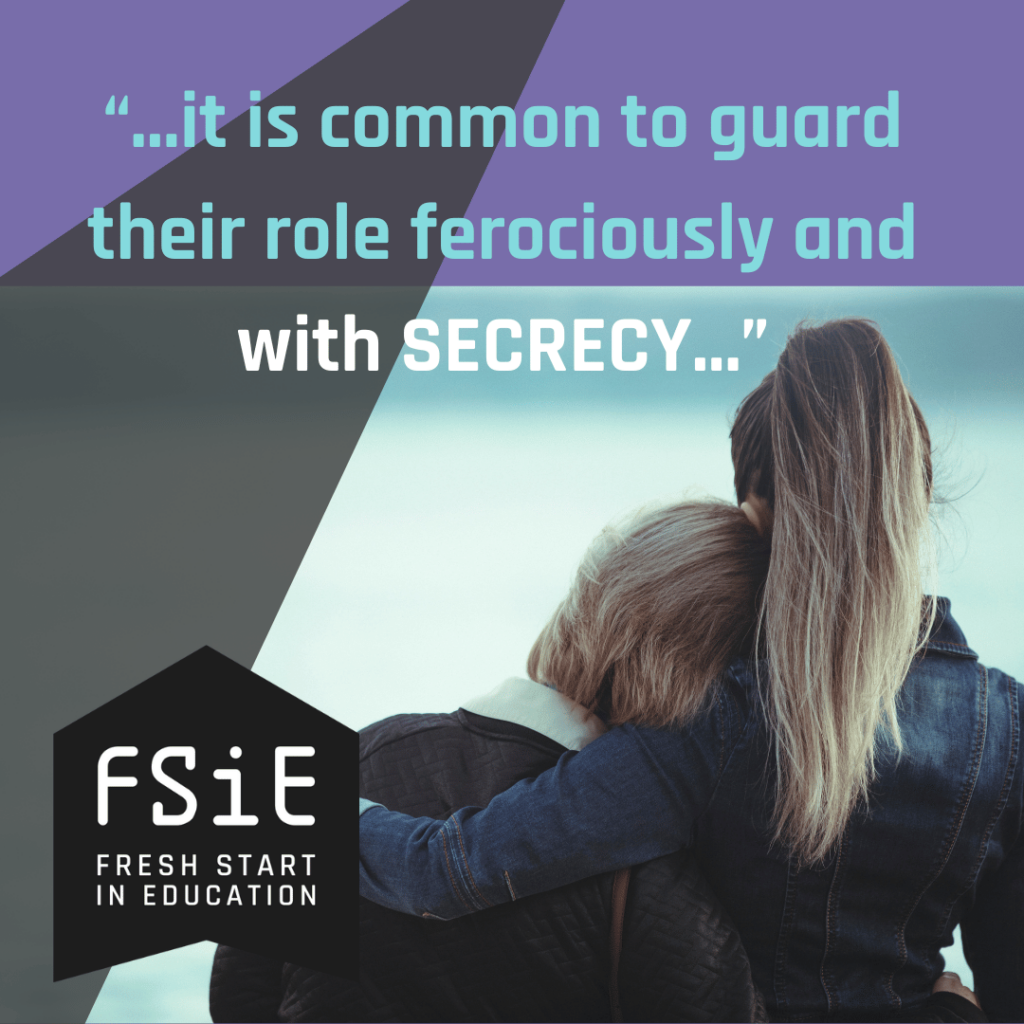
This is however, widely believed to be the tip of the iceberg because only a small number of young carers are ever identified.
So, what’s the issue with identifying them?
The largest issue is purely that identifying carers can be tricky! Lots of young people may just simply not recognise themselves as young carers, especially if they have been caring for someone from an early age. For many young carers, their caring role has become a normal way of life that they have simply become used to. It can be difficult to navigate young people and their families away from this narrative in a sensitive way and so identification may be a slow-moving process.
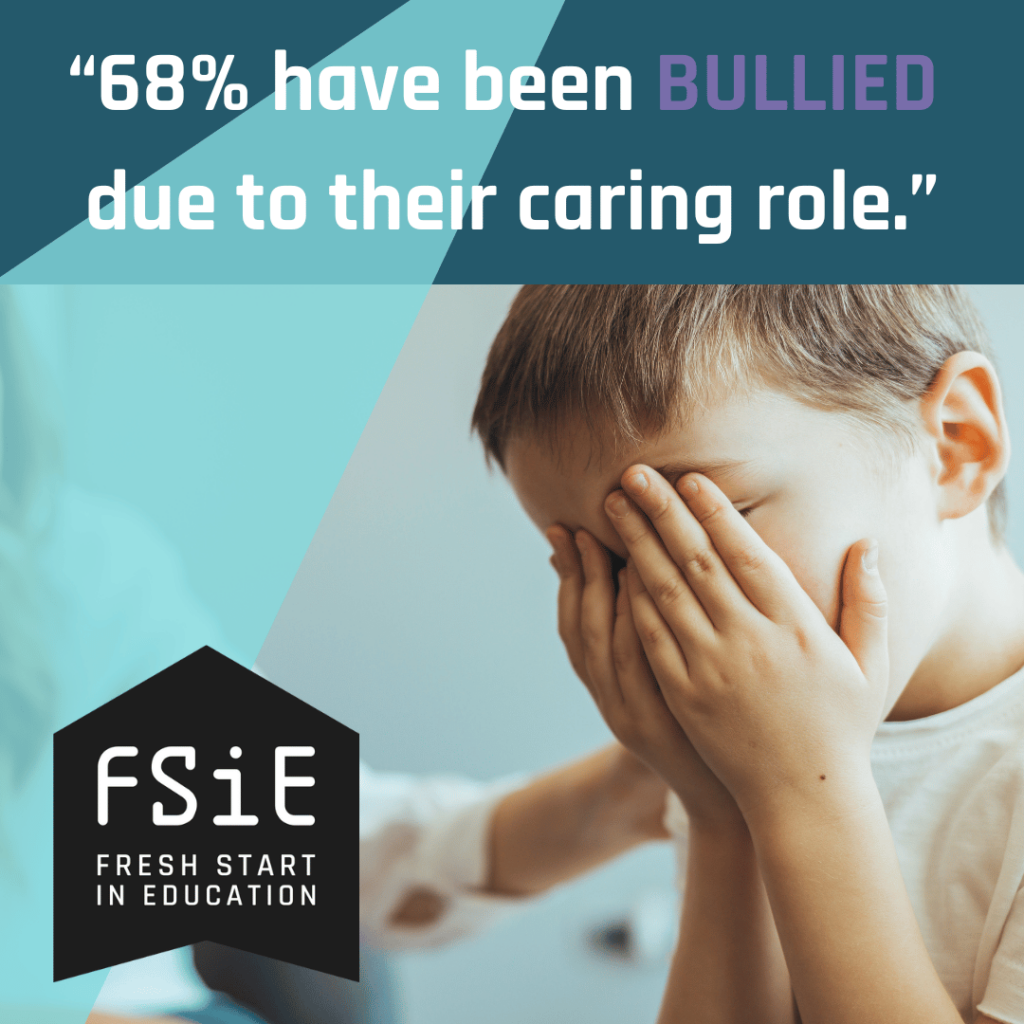
Young carers may not make themselves known in their settings due to parental pressure and adults not wishing to be ‘outed’ as needing care. There are also cultural considerations to account for. In some communities, care is an expected duty of family and asking for help is extremely frowned upon. Compassion and support are of the utmost importance in these circumstances.
In situations where young people are caring for someone with a stigmatised or misunderstood illness, it is common to guard their role ferociously and with secrecy in order to support the person. For example, those caring for someone who suffer with alcohol or substance misuse, mental health issues like schizophrenia and antisocial personality disorder or certain physical conditions such as HIV/AIDS.
Equally, families are more likely to hide or downplay a caring role if they have a mistrust of public services and fear the consequences of making their need for support known. Many young people are concerned if they let someone know that they are a young carer they will be taken into care and have their family broken up. This distrust can be generational and an ingrained way of thinking. Sometimes young carers choose to keep their role a secret as they are embarrassed. This is especially typical amongst boys who dislike being labelled as doing something stereotypically associated with a female role.
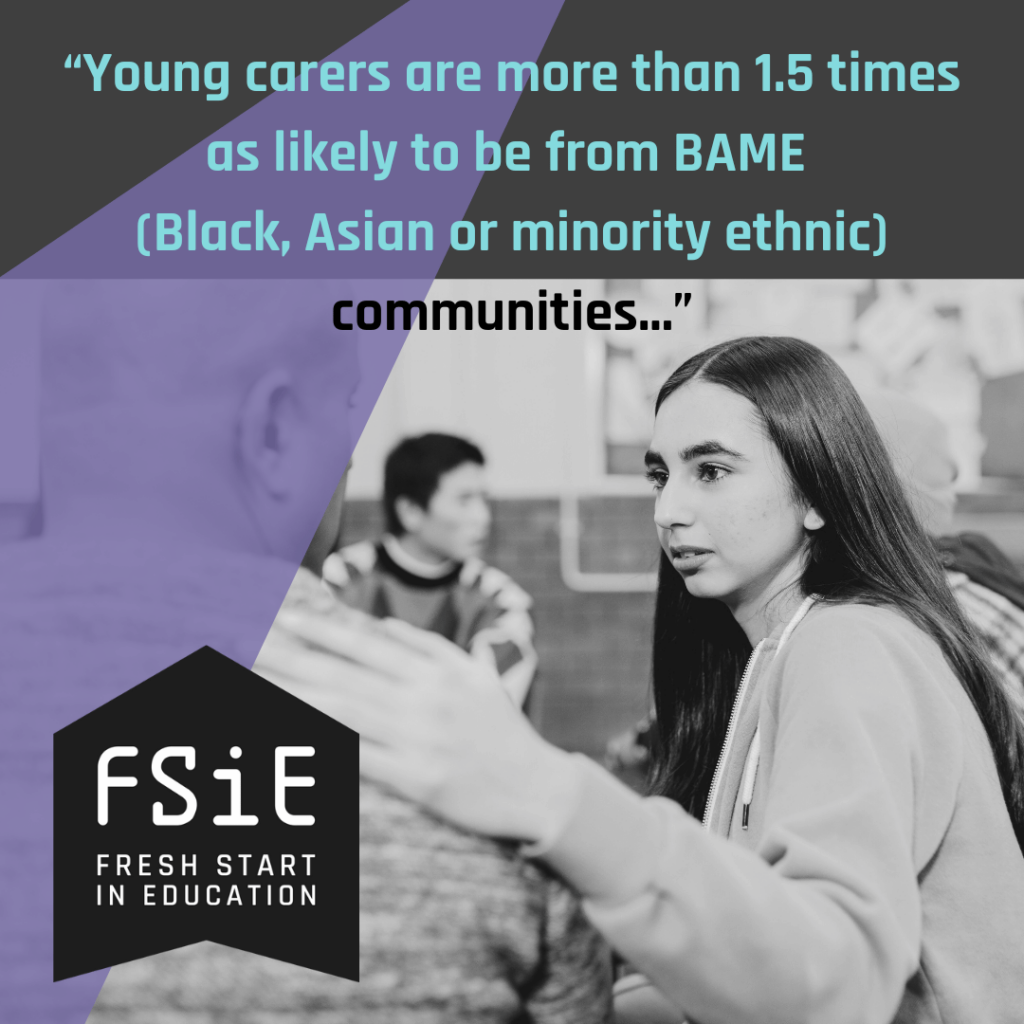
Why is it important to identify them? They sound like they do not want to be found!
Many young people don’t realise they are young carers until they reach a crisis point. By this stage, often the support options are ‘too little too late.’ The earlier a young carer is identified and supported, the better the outcomes are for themselves and their families’ futures. Recent research from the Children’s Society and the Carers Trust suggests:
Every child has the right to be a child and have a time of naivety and childlike wonder, without having to take on adult responsibilities. As adults it’s our job to change these statistics and advocate for support and change. Young carers spend a huge portion of their lives putting someone else’s needs above their own, they deserve to have someone advocating for them to be put first so that they too may have a full, rich, and rewarding start in life.
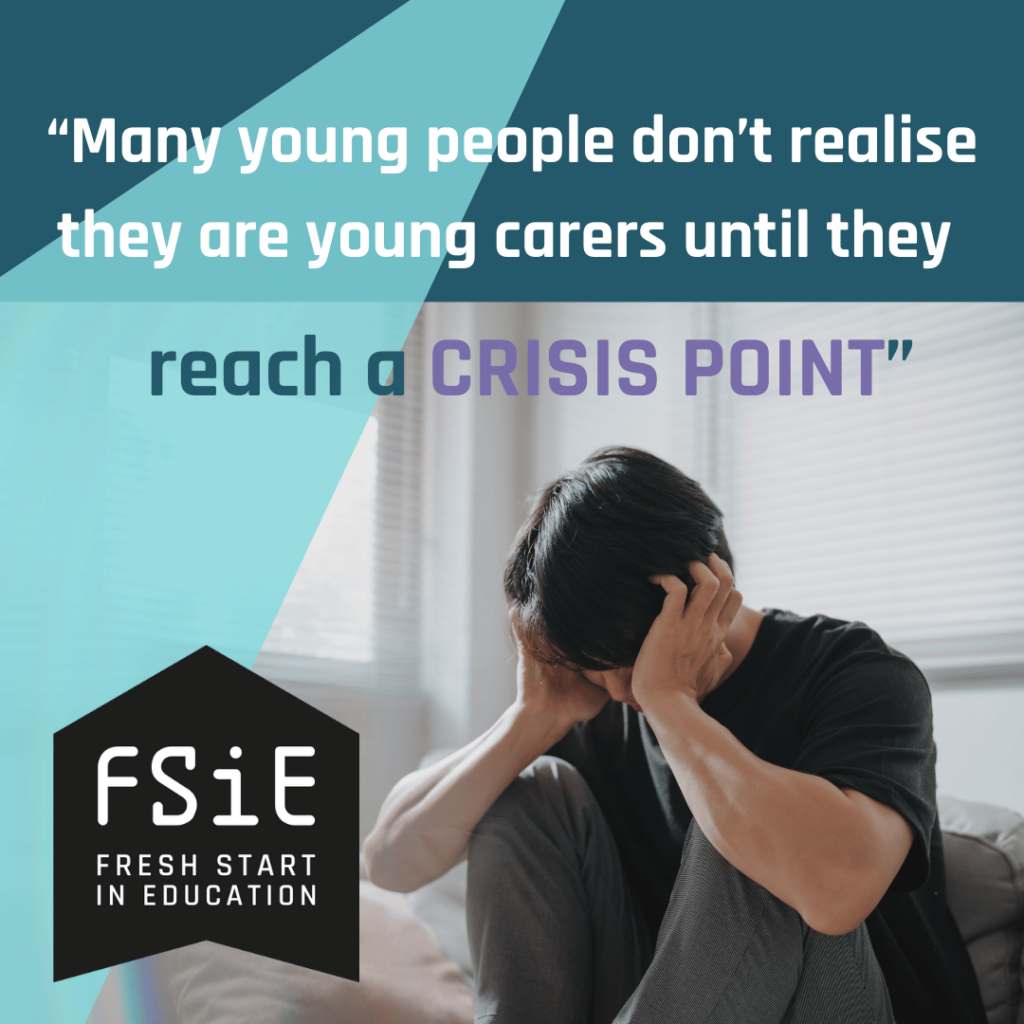
I have had the absolute joy and pleasure of working with many young carers and I can say without exception - they are an incredible bunch of people who have amazing strength and skill. We can all learn a lot from them - the youngest heroes in our communities.
I think I might know a young carer…
If you are reading this and think you might be, or you might know a young carer, the following websites can give you more information on your next steps:
Find a Carer support service near you
Your rights as a young carer in the UK
Sidekick is a confidential help line for young people and young carers in the UK
Support and information from Youngminds
Information for sibling young carers
A day in the life of a Young Carer (BBC Video)
About the author
Holly is one of our Education Coordinators here at Fresh Start. In her previous roles as a Teacher and SENCo she has worked extensively with children and young adults with SEND, as well as those who are Young Carers. Holly holds a degree in Childhood and Youth Studies.
